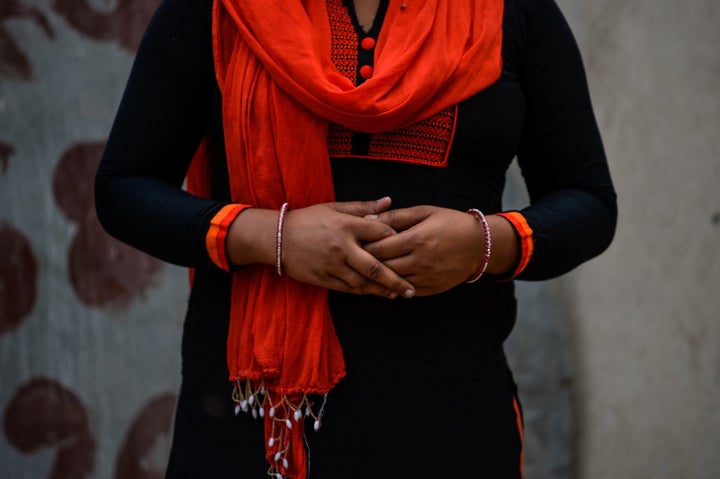[ad_1]

Chandan Khanna / AFP / Getty Images
Indian police officers have been accused of raping at least 16 women in remote villages in central India.
The assaults, which were first reported in 2015 when a women's rights organization investigated the alleged crimes, were detailed in a statement released this weekend by the National Human Rights Commission.
In it, the Commission said it found that at least 16 women were “victims of rape, sexual and physical assault” in the Bijapur district of Chhattisgarh state, in October 2015.
In one incident, a 14-year-old girl grazing her cattle was blind-folded and gang-raped. Activist said a pregnant mother was also gang-raped. In another, a girl was repeatedly “dunked” into a nearby stream, and then sexually assaulted.
The Commission is still examining the complaints of another 20 women. Although the police have launched an investigation over the allegations, no arrests have been made.
In a statement published yesterday, the WSS warned the 16 reported cases may be “only the tip of the iceberg”.
Although welcoming the Commission's investigation, the WSS said the organization was “painfully aware that this is only a small step in the long road to justice”. They added that many women were still being pressured to remain silent.
Kishore Narayan, representing some of the victims, accused the police force of shielding the perpetrators. He told AFP that despite the women naming their attackers, “nothing was done”. He accused the police of carrying out a “sham investigation” and attempting to “obfuscate the case”.
In November 2015, The Indian Express reported on the alleged assaults but claimed that as many as 40 women had been attacked by state officials.
A spokesperson for Women Against Sexual Violence and State Repression (WSS), who originally investigated the claims and spoke to the newspaper, said two years ago that “the violence was on a mass scale”.
The spokesperson continued: “Around 40 women have said that they were forced to strip, sexually harassed and assaulted. Even breastfeeding mothers were assaulted, and those with children too. This happened across villages.”
The central Indian state, roughly 1,200 miles south-east of Delhi, has been the epicenter for a long-running Maoist uprising over limited tribal rights and land pressures.
Many of those in the poor region belong to the Adivasi tribal group, who have accused the Indian government in the past of “collective punishment” due to their perceived connections to the Maoist fighters, the Washington Post reported.
5 Heartbreaking Accounts Of Sexual Abuse In Modern India
[ad_2]
